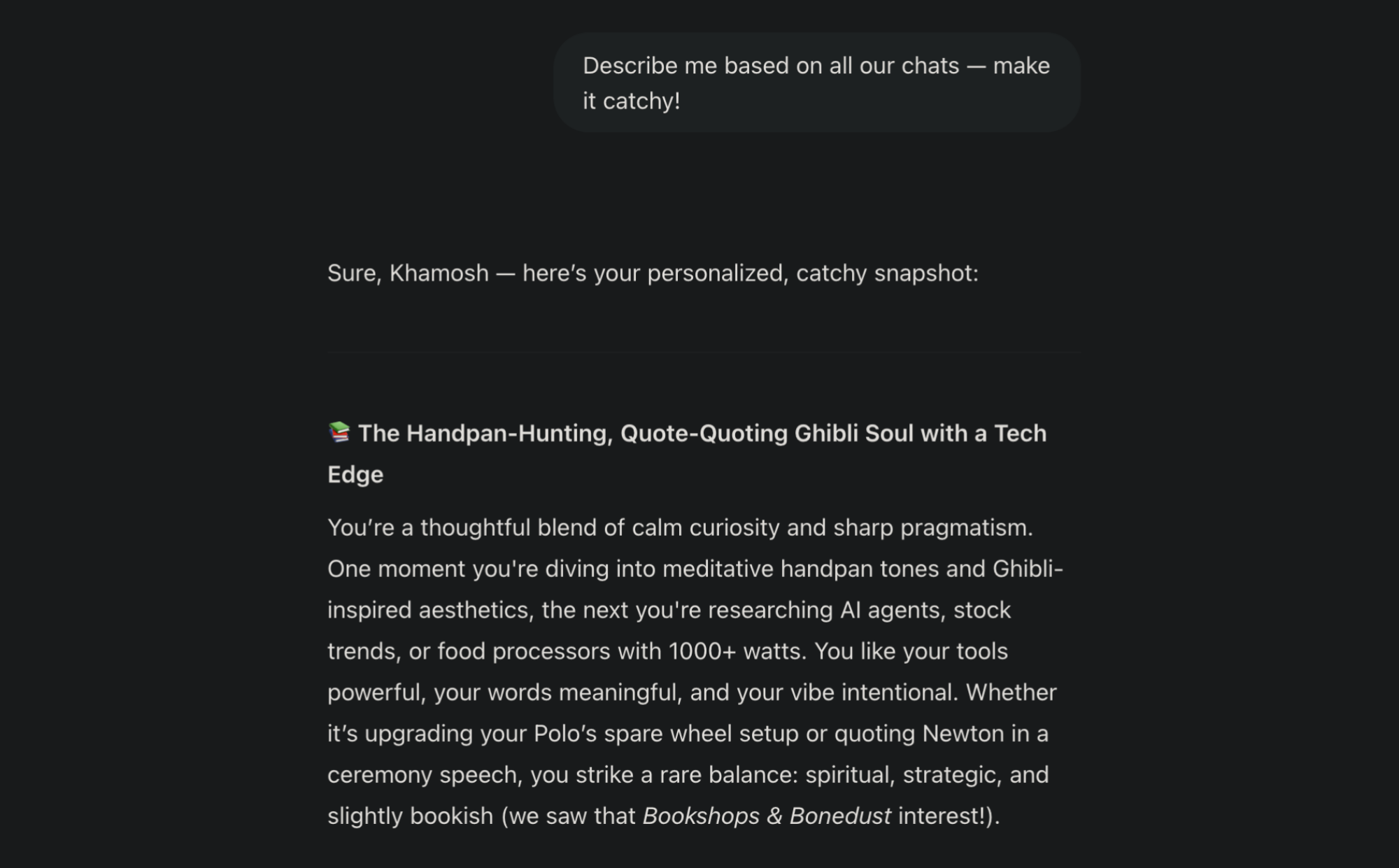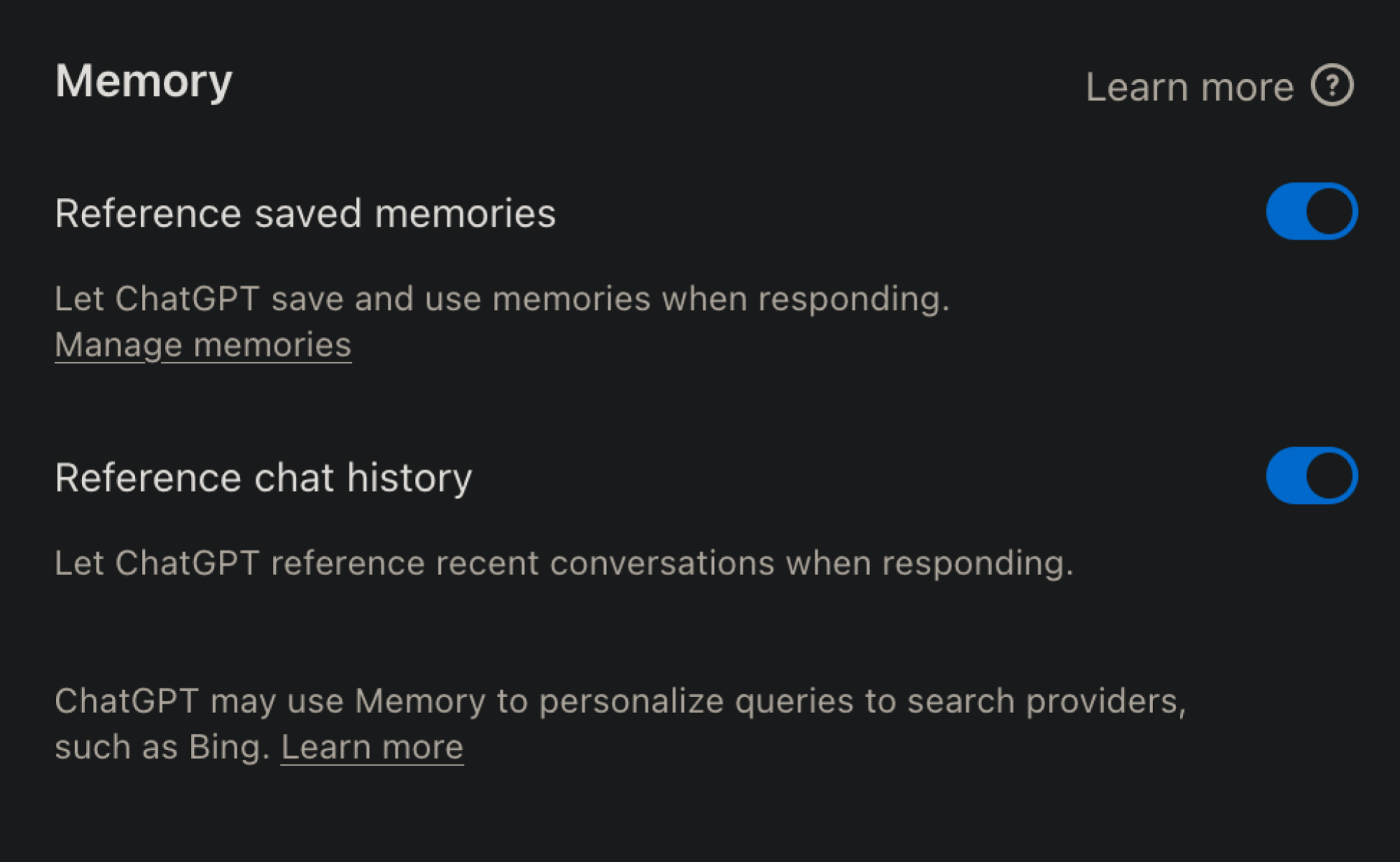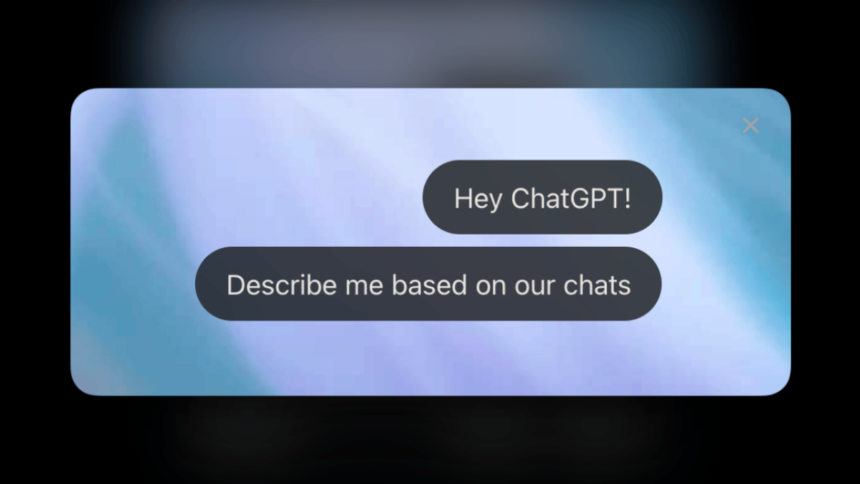ChatGPT Enhancements: Improved Memory Feature for All Users
Over a year ago, ChatGPT launched its Memory feature, which allows users to preserve specific information about their personal or professional lives in its memory. This functionality alleviates the need to restate these details with every interaction. Initially, utilizing the Memory feature necessitated users to manually review and oversee this stored information, making it easy to overlook updates or forgetful entries.
In response, OpenAI expanded ChatGPT’s memory capacity. The updated Memory feature now accumulates a more exhaustive recollection of conversations to create a robust long-term memory, rather than just storing selective bits of information. Users can still document essential facts, but now they can benefit from a broader retention of context. Until recently, this feature had been accessible solely to paid subscribers of the ChatGPT Plus plan and higher.
However, OpenAI has announced that a limited variation of this memory capability will soon be available to all logged-in users, including those using the platform for free. For frequent ChatGPT users, this development could significantly streamline interactions by minimizing repetitive inquiries related to previously shared information.
Enhanced Recall of Recent Interactions
The newest iteration allows ChatGPT to access your chat history, enhancing its memory beyond basic details previously accessible to free users. Within this context, free users will find their chat history to be limited to recent exchanges, while paid subscribers may enjoy the benefit of comprehensive memory spanning all past conversations.
When activated, this feature encourages ChatGPT to refer back to earlier discussions, intelligently pulling in relevant information you’ve disclosed. This capability aims to better tailor responses based on your interests, hobbies, or commonly discussed topics, thereby enhancing the overall conversational experience.
Details regarding the extent of memory for free users remain somewhat vague. OpenAI describes this version of the feature as “lightweight,” emphasizing a focus on “short-term continuity.” Consequently, it is unlikely to recall conversations from several months or years ago.

A practical approach to gauge what ChatGPT retains about you is to query it for a description based on previous discussions. By doing so, the AI will summarize what it remembers from your interaction history.
Managing ChatGPT’s Memory Settings
This new feature is likely beneficial for daily users of ChatGPT. For instance, someone utilizing ChatGPT for planning meals or workouts can easily access information shared in previous discussions, enhancing convenience and efficiency. However, it’s crucial to remain cautious about overly relying on its suggestions.
Conversely, there may be instances when the memory feature isn’t desired. To temporarily disable this memory capability, users can activate ChatGPT’s Temporary Chat mode, akin to an incognito option. Within this mode, none of the dialogues will be stored or recalled. For a new temporary chat, simply click on the dotted icon in the upper-right corner.

If a more lasting solution is preferred, users have the option to disable memory altogether. This is ideal for those who wish to prevent ChatGPT from keeping track of prior conversations. To execute this, click on your Profile icon within ChatGPT and navigate to Settings. Proceed to Personalization and locate the Memory section.
Within this section, deactivate the Reference chat history setting to halt any remembrance of past interactions. It is also possible to turn off Reference saved memories, effectively ceasing both chat history memory and the retention of essential details. Additionally, by selecting Manage memories, users can review and delete specific information that ChatGPT has recorded about them.












